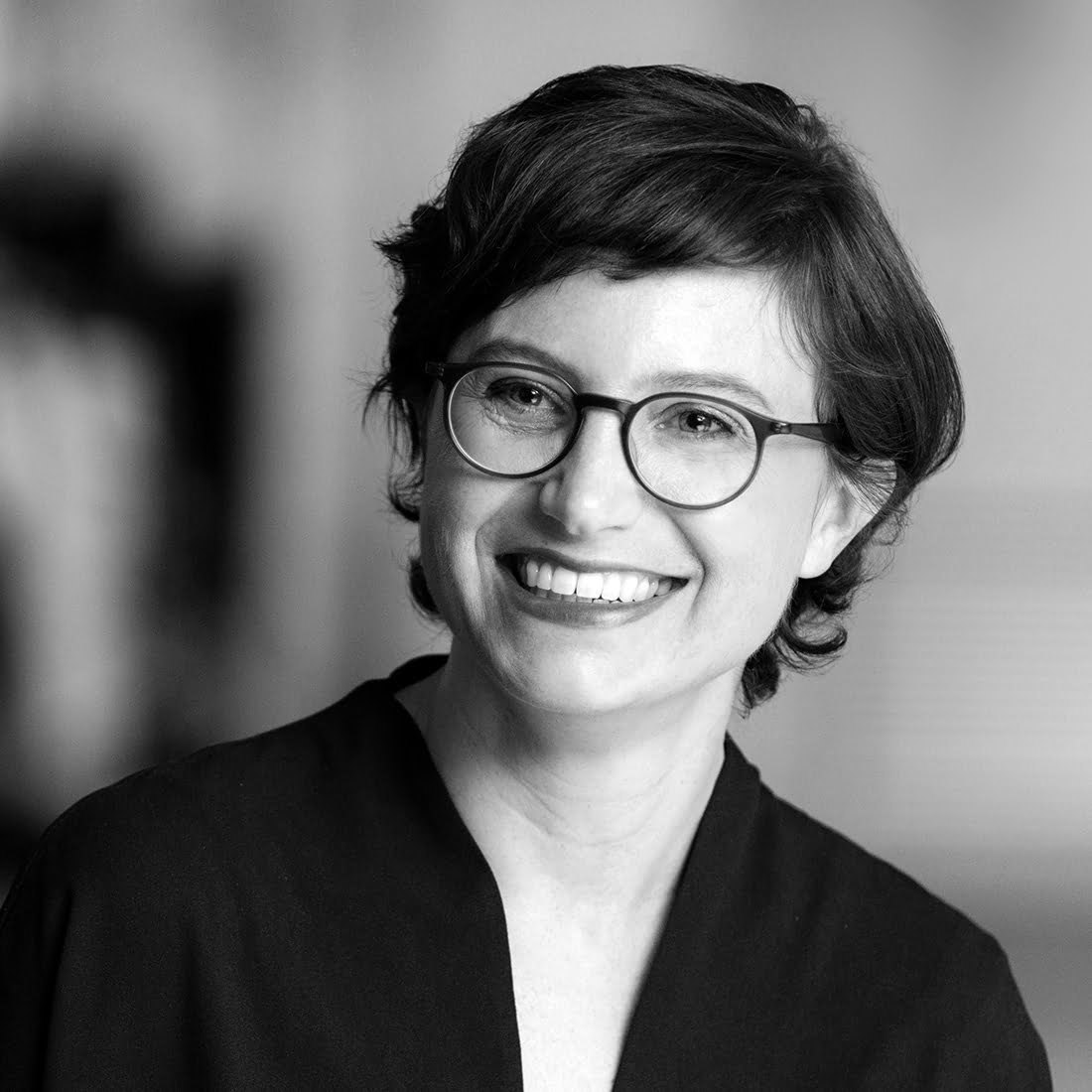Sarah Buckeridge reflects on her experiences graduating into a weak economy and seeking opportunities overseas.
Sarah Buckeridge
Sarah is a Director at Hayball.
We are all experiencing a challenging period for the profession and it is interesting to reflect on the implications of beginning your career in a downturn. As an architectural student in the 1990s, I had a formative experience of what recession can mean. In 1993, Australia’s unemployment peaked at 12% and was far higher for architects. Consequently, my architectural course had to reduce our ‘year out’ experience requirement to six months as even unpaid placements became scarce.
My student experience was in very small practice where I made coffee, answered phones, ordered office supplies and did the printing. However, I was also exposed to a range of opportunities such as client meetings, site visits and documentation experience that might not have been available to me in a larger practice.
I graduated in 1995 but economic conditions were still weak, and I headed to Singapore where more buoyant conditions were enjoyed until the late 1990s Asian financial crisis. This Singaporean stint was a catalyst for my career in residential architecture, a sector I have consistently worked in for nearly 25 years.
In that environment, I was thrown out of my comfort zone, working as a fresh graduate on a large residential project within a different culture. I had to navigate unfamiliar systems around approvals, construction and design requirements. A year or so in, I was required to chair site meetings where I was frequently the youngest, only female and non-Singaporean at the table, an experience I found quite scary at the time.
What this experience taught me was that embracing unexpected change, pursuing alternative opportunities and being willing to do even some of the basic tasks needed within an architectural office were a chance to learn and a stepping stone to further opportunities.
As my career has progressed, I have become more comfortable recognising that some things have to give while juggling demands of early parenthood. Looking back, it becomes clear that this demanding period is only a small portion of an overall career but while you are in it, it can easily seem overwhelming.
My professional roles have tended to focus on the front end and strategic work within projects which for me dovetailed better with the stints of part-time work required at mid-career as I took time out to have three kids.
Ultimately though, most important for me was finding my workplace at Hayball, which was flexible and supportive, allowing my career to develop in ways that were tailored to my interests and strengths.
I would also encourage young professionals to draw on the amazing networks that now exist through Parlour, AIA, VPELA, PCA and other industry organisations. I wish these supports had been as well developed when I graduated. In a challenging time, they are a critical resource.





















